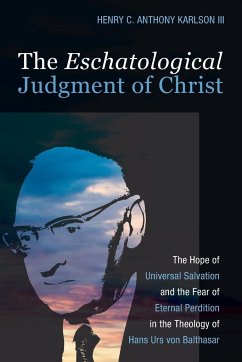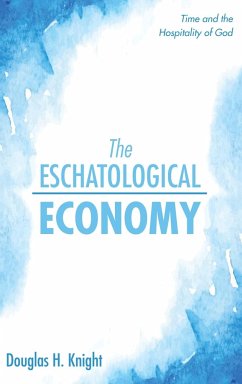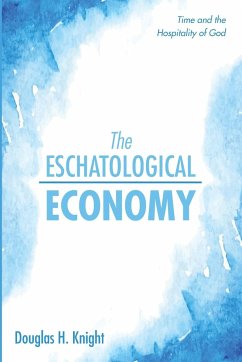
The Eschatological Judgment of Christ

PAYBACK Punkte
11 °P sammeln!
Hans Urs von Balthasar hopes that all might be saved. Critics say that makes Balthasar a universalist, and his universalism has become a hindrance for the evangelical mission of the church. Why would anyone evangelize and seek to convert others to the Christian faith if it is assured that everyone will be saved? Balthasar, throughout his writings, denied he was a universalist. He said that there is no way to know if all will be saved or not. Since God desires all will be saved, we can hope all will be, but until everyone has been judged, there will be no way to know if God's desire will be acc...
Hans Urs von Balthasar hopes that all might be saved. Critics say that makes Balthasar a universalist, and his universalism has become a hindrance for the evangelical mission of the church. Why would anyone evangelize and seek to convert others to the Christian faith if it is assured that everyone will be saved? Balthasar, throughout his writings, denied he was a universalist. He said that there is no way to know if all will be saved or not. Since God desires all will be saved, we can hope all will be, but until everyone has been judged, there will be no way to know if God's desire will be accomplished. Why? Because God does not force salvation on anyone. God gave humanity freedom, and he will not remove it from anyone, even if it means he risks losing some to perdition. Balthasar's critics believe his denial was merely a pretense, so that his speculations would not be condemned. They do not take his denials seriously. But should they? Does he really believe it is possible some might be damned? If so, how? By what means would anyone be damned?














